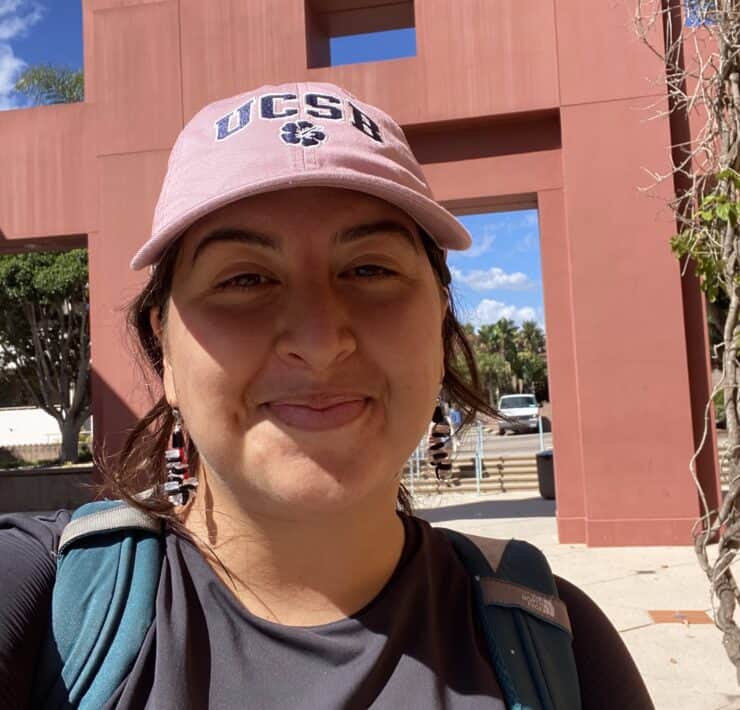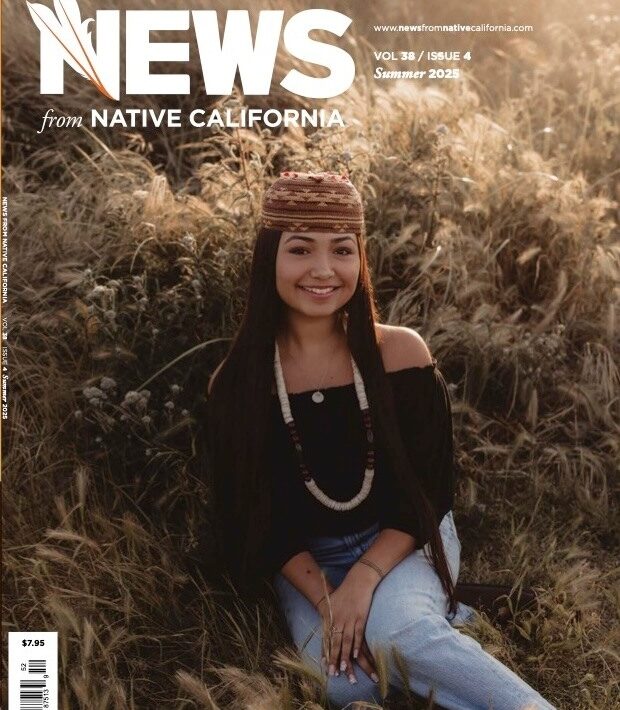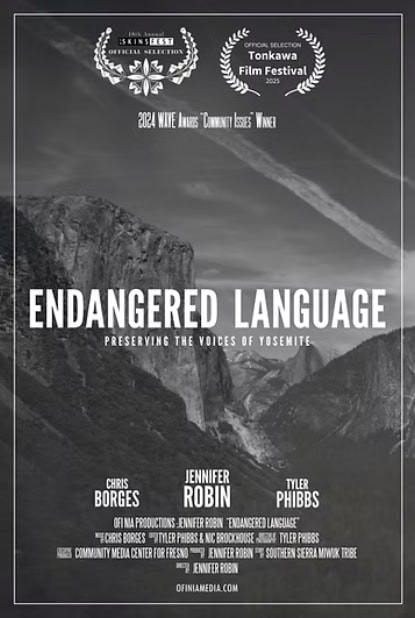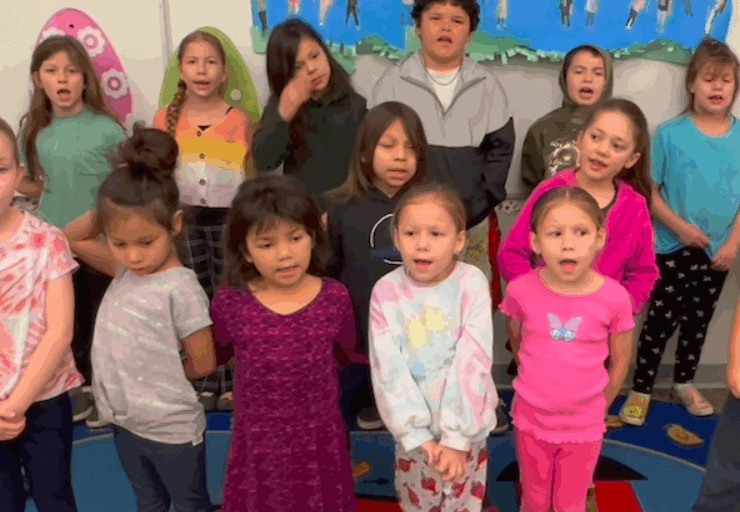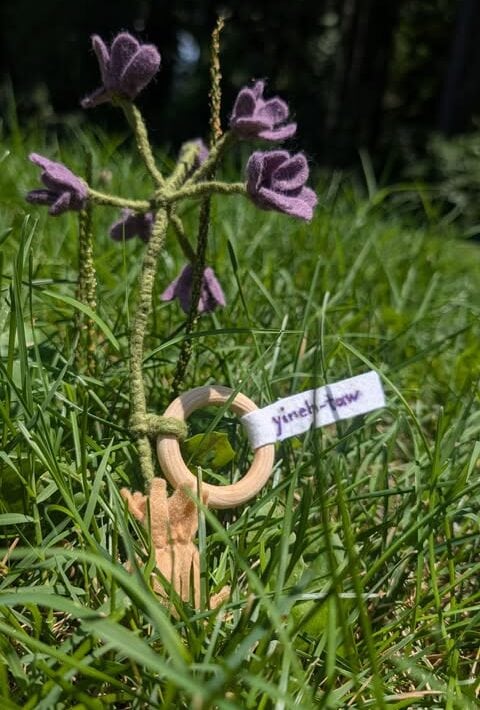
Poem Project by Muriel Ammon
Someone once told me that a poem is your dearest message, boiled down to its smallest parts. The minimal meaningful messages. These phrases, often contained in a single word, are poems to me. They carry memories of habitual practices that have emerged through our relationships to the land and to each other. Some come from old timers, through stories my dad shares, but also from habits he mimics of theirs. Experiences he wants to share with me. There is a long line of love in these poems. To access that emotional legacy, all we need to do is speak them.
These are the itsy-bitsy forms my language takes that fill me with joy. And please, use these for yourself, if you find happiness in them.

Xine:wh-ch 1:
Ch’e:whsit
I woke up
I woke up.
The first language I speak every day is my own. Somehow, if I can remember to say this to myself, I am sure to wake up ready for the day.

Xine:wh-ch 2:
Wha:-na:k’idiłwuł!’
for me-pour it!
Pour me some.
When I was little, my family would speak Hupa. English too, but we made a point about using Hupa. I have only a few memories from this period of my life. One thing that stuck with me was, “whita’ wha:-na:k’idiłwuł!” I said, “Dad, pour it for me!” The ‘it’ usually was milk. Who knows what made this phrase memorable. Now each time I say this, I am invoking our entire parent-child relationship. Every time he has ever made the choice to speak Hupa to me is embedded in this phrase. That’s some emotionally loaded dinner table conversation.
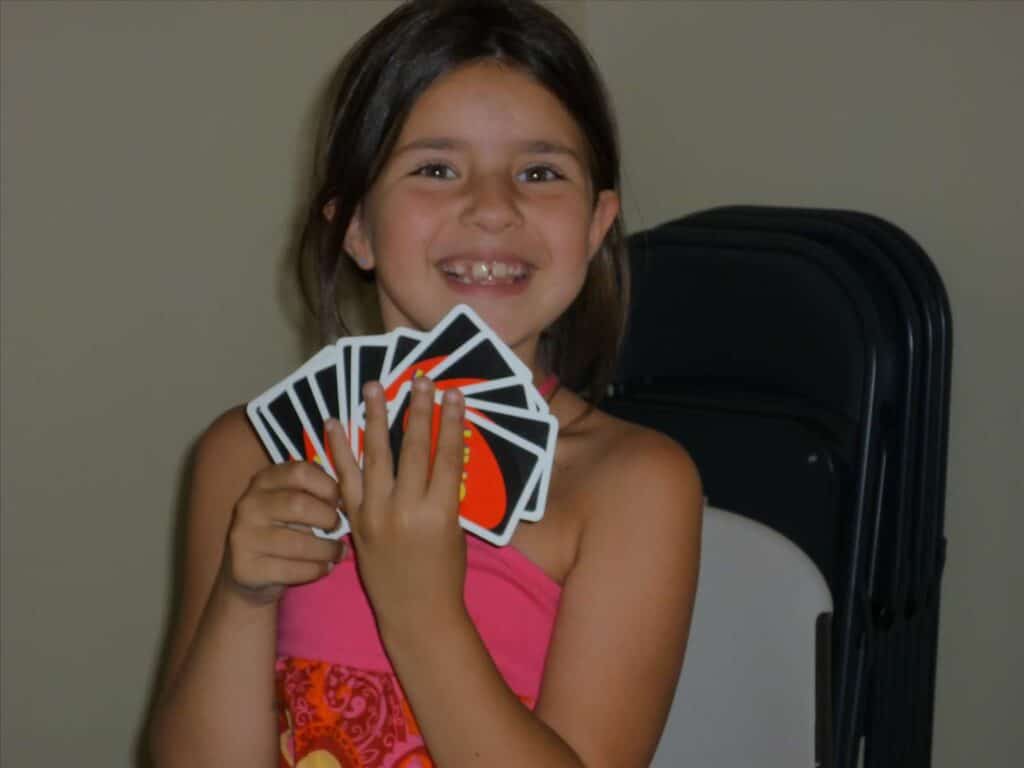
Xine:wh-ch 3:
Xa’ k’ina:ya’dileh!
okay-let’s play!
Let’s play!
Let’s play! This is a declaration made at the start of the game. Hupas love to make decorations. We say this for any kind of game, but I am always reminded of card games. Pinochle, Ammon rules. Blackjack, minłung mił-xa’xa:wh. Duxwe:di ch’o:ya:whe ‘hit me’?
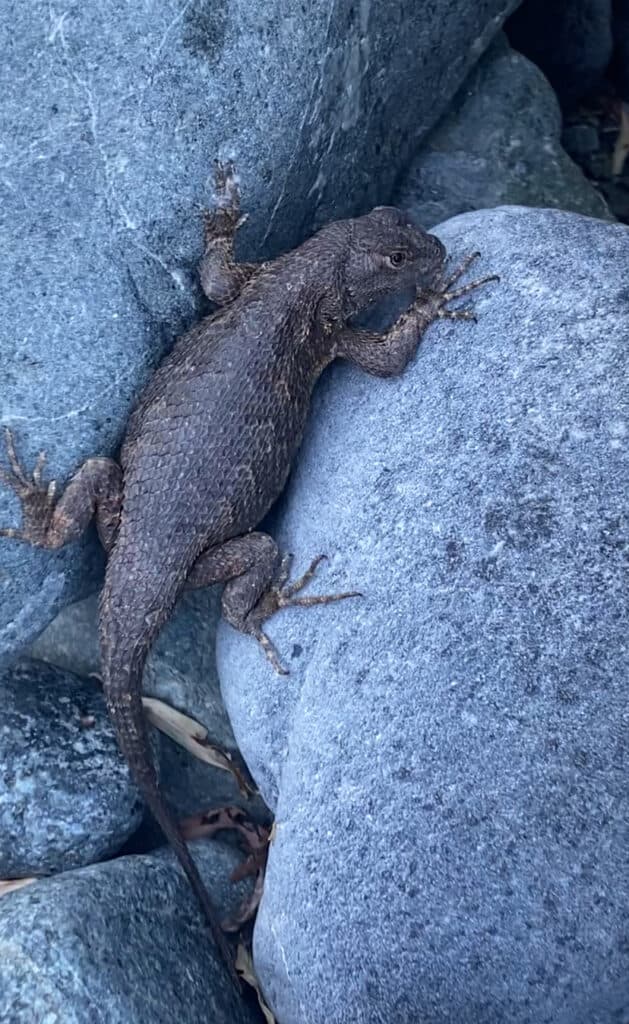
Xine:wh-ch 4:
Minist’e’ me’k’iste:n jime:l
it’s body-in it-bed lizard
Tricky Jime:l
Although I wouldn’t recommend it to anyone now, I am a culprit of trying to catch lizards. I might have pulled off one or two tails, on accident. Once, captivated by my opponent, I tripped over the fireplace rocks. It had to be one of my hardest falls. I fell into a child’s blind rage, blaming the lizard for my misstep. My dad, who had watched the whole scene, came up to comfort me. He told me that’s just what happens with lizards, they’re so tricky that they always get away. And thus, the epic character Tricky Jime:l was born. Ever since then, this is how I see lizards.

Xine:wh-ch 5:
To:-wingkya:w-e:
water-got big-I perceive it
The river is high.
In early spring when the rains are heavy, take a moment on your drive to look down at the river. Does it look full? If so, you can say, ‘to:-wingkya:w-e:’, the river is high. See if you can’t find any landmarks to help determine how high it’s getting, how quickly, and what parts of the river fill up. My dad would go on drives with his teachers, up the river from Hoopa to Łe:lding. I’m sure they’d stop to look and see how high the river was, just doing what their elders had done with them. It’s important to know the state of the river.
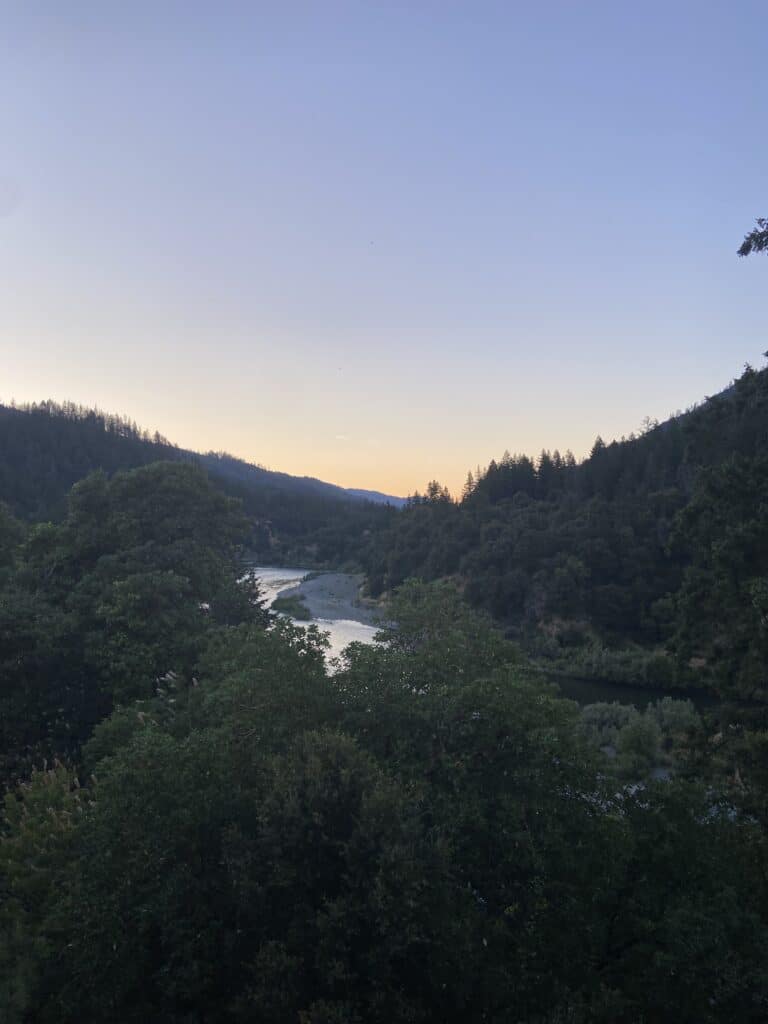
Xine:wh-ch 6:
Yitse’ni-wing’a’
downhill-(round object) has come to lie there, takes up position there
The sun is setting.
Recently, we went to the beach. While we were there, the sun began to set. “Yitse’ni-wing’a’!” my dad burst out. He then began to look confused. “Well, that’s when the sun goes behind the mountain. I don’t know what they’d say here.”
This collection of poems is intended to be shared. As a Hupa language learner, I can be intimidated by the complexities of our language. But I still want to speak it. These are short phrases you can learn. If you are drawn to this project, then I invite you to use these poems for yourself. Make your own! Share them with a loved one!
My first go at Hupa poetry came out differently. As for me, I love a poem that rhymes. Rhymes are fun, they’re silly. I wanted this in my language. I picked and pulled from our dictionary, searching for words with matching ends. What I ended up with was a set of verb paradigms. Fun in their own right, but not what I was looking for. Since when was I eat, you eat, he/she eats, it eats, we (small group) eat, we (big group) eat, etc. an emotional piece of writing? Eventually, I had a poem about the Flower Dance, our women’s coming-of-age ceremony. Found from my language notes, patched together with near-rhymes, spell-checked with the dictionary, I wrangled that poem into existence.
Łe:lding, xohk’it-mining, whunchwing
whung, wing
we:da’, kinałdung
heno heno
ts’ehdiyah, na:whay(a)
łe:ldimił, whe’ niwehst’ił
xoje:tilte’, ch’itilte’
heno heno
kile:xich, t’ehxich
q’ina’, k’e’wiłna’
na:te:sdiyay, whikyun-sa’a:n
heno heno, miloy
Łe:lding, July, my mother
I wonder, a song
I stayed, lived, Flower Dance girl
heno heno
Thank you, I’m going around, living
I’m from Łe:lding, she was proud of me
She is strong of mind, she is strong of body
heno heno
boys, girls (children)
again, she cooked
I went home, my heart
heno heno, miloy
Set in three, decorated with vocables heno, heno, and ending in ‘miloy,’ this song follows the format of Hupa Flower Dance songs. It now lives in Leanne Hinton’s second edition of Flutes of Fire.


